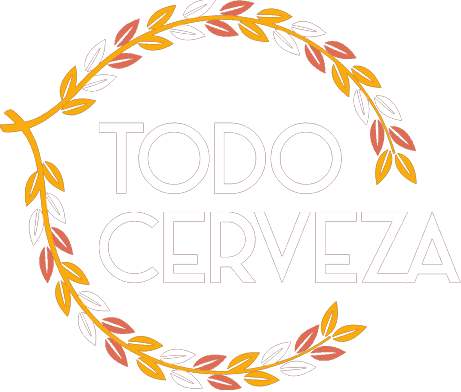To verify that are exempt from paying VAT in Spain you need to be registered in VIES - VAT Information Exchange System of the European Union. Otherwise the standard value-added tax rate will apply.
Check you VAT number in VIES
The procedure to buy without VAT tax is as follows:
- Registration in our client database (Sign In)
- Enter your country code in the field "Código país + Número Fiscal" and in the next field bellow your VAT number. The process is automatic, but in any case you can notify us by email at info@todocerveza.es.
Existing EU Legal Framework
Basic legal framework:
EU VAT legislation is based mainly on directives. A directive is binding upon each Member State to which it is addressed, but leaves the choice of form and methods to the national authorities who transpose it into national legislation.
The main section of legislation is the VAT Directive (2006/112/EC).
Other legislation includes:
- Directive 2008/9/EC (VAT Refund – EU business)
- Directive 86/560/EEC (VAT Refund – non-EU business)
- Directive 2009/132/EC (VAT-free importation)
- Directive 2006/79/EC (private consignments)
- Directive 2007/74/EC (travellers' allowances)
Binding implementing measures to ensure uniform application of the VAT Directive can be found in the VAT Implementing Regulation (Council Regulation (EU) No 282/2011). Those measures are directly applicable without transposition into national law. In addition Member States, to prevent fraud or simplify procedures for collecting VAT, may be authorised to derogate from the VAT Directive (see the list of derogations).
Application
Each Member State is responsible for the transposition of these provisions into national legislation and their correct application within its territory although it is bound by implementing measures adopted at EU level. The primary responsibility for informing about the interpretation and application of these provisions rests with Member States.
Member States are in their application of EU provisions on VAT guided by discussions in the VAT Committee.
Links to websites:
Digital Single Market - Modernising VAT for cross border e-Commerce
On 6th May 2015, the European Commission announced its Strategy for the EU Digital Single Market. In this context the Commission should make legislative proposals to modernise the VAT for cross-border e-commerce and reduce the administrative burden of businesses arising from different VAT regimes. This includes:
- Extending the single electronic registration and payment mechanism to intra-EU and third country online sales of tangible goods to private consumers;
- Introducing a common EU-wide simplification measure (VAT threshold) to help small start-up e-commerce businesses;
- Allowing for home country controls including a single audit of cross border businesses for VAT purposes and;
- Removing the VAT exemption for the importation of small consignments from suppliers in third countries.
